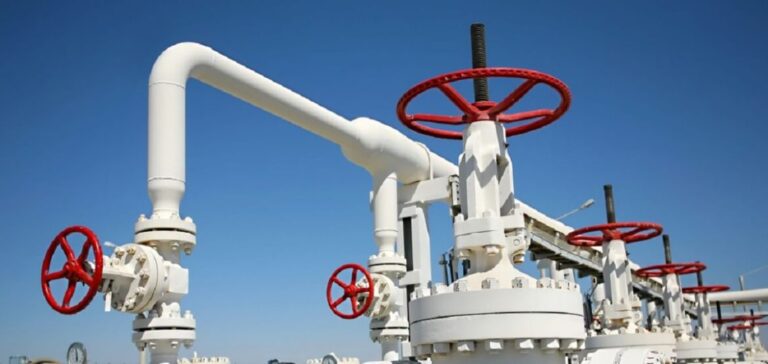Energy relations between Turkey and Turkmenistan are taking on a new dimension with the signing of a natural gas transportation agreement. The agreement was concluded between the Turkish pipeline operator BOTAS and Turkmengaz, the Turkmen state-owned company. It provides for the start of deliveries on March 1, 2025, further strengthening Turkey’s import capacity.
An Expanding Gas Corridor
Turkey, which consumes more than 50 billion cubic meters of natural gas annually, is actively diversifying its supply sources. Mainly dependent on Russia, Azerbaijan, and Iran, as well as imported liquefied natural gas (LNG), the country is seeking to secure additional volumes to meet growing domestic and European market demands. The agreement signed with Turkmengaz marks a new step in this strategy to expand gas corridors.
Transit Through Iran Still Under Discussion
The precise terms of Turkmen gas transit to Turkey have not been fully disclosed, but one option being considered relies on Iran’s pipeline network. According to Alparslan Bayraktar, Turkey’s Minister of Energy, negotiations include the possibility of transit through Iran, enabling Turkey to access an annual volume of up to 2 billion cubic meters of gas from Turkmenistan. This alternative could further diversify supply routes and reduce Turkey’s reliance on specific energy corridors.
A Strengthened Regional Framework
This new agreement follows negotiations initiated in March 2024, when Turkey and Turkmenistan signed preliminary agreements to start gas supplies. In May 2024, another milestone was reached with an agreement integrating Azerbaijan and Georgia as transit corridors for Turkmen gas to Turkey. Discussions on infrastructure, particularly increasing the capacity of the South Caucasus Pipeline and the Trans-Anatolian Natural Gas Pipeline (TANAP), highlight the regional ambition to boost available volumes for Europe by 2030.
Strategic Impact on the Gas Market
The integration of Turkmenistan into Turkey’s import portfolio could not only strengthen the country’s energy security but also influence the European gas market. With increased export capacity, Turkmenistan could play a more central role in redistributing gas flows to Europe, thereby reducing pressure from other major suppliers. However, logistical and contractual details regarding transit remain key factors that will determine the scale and economic viability of this cooperation.





















